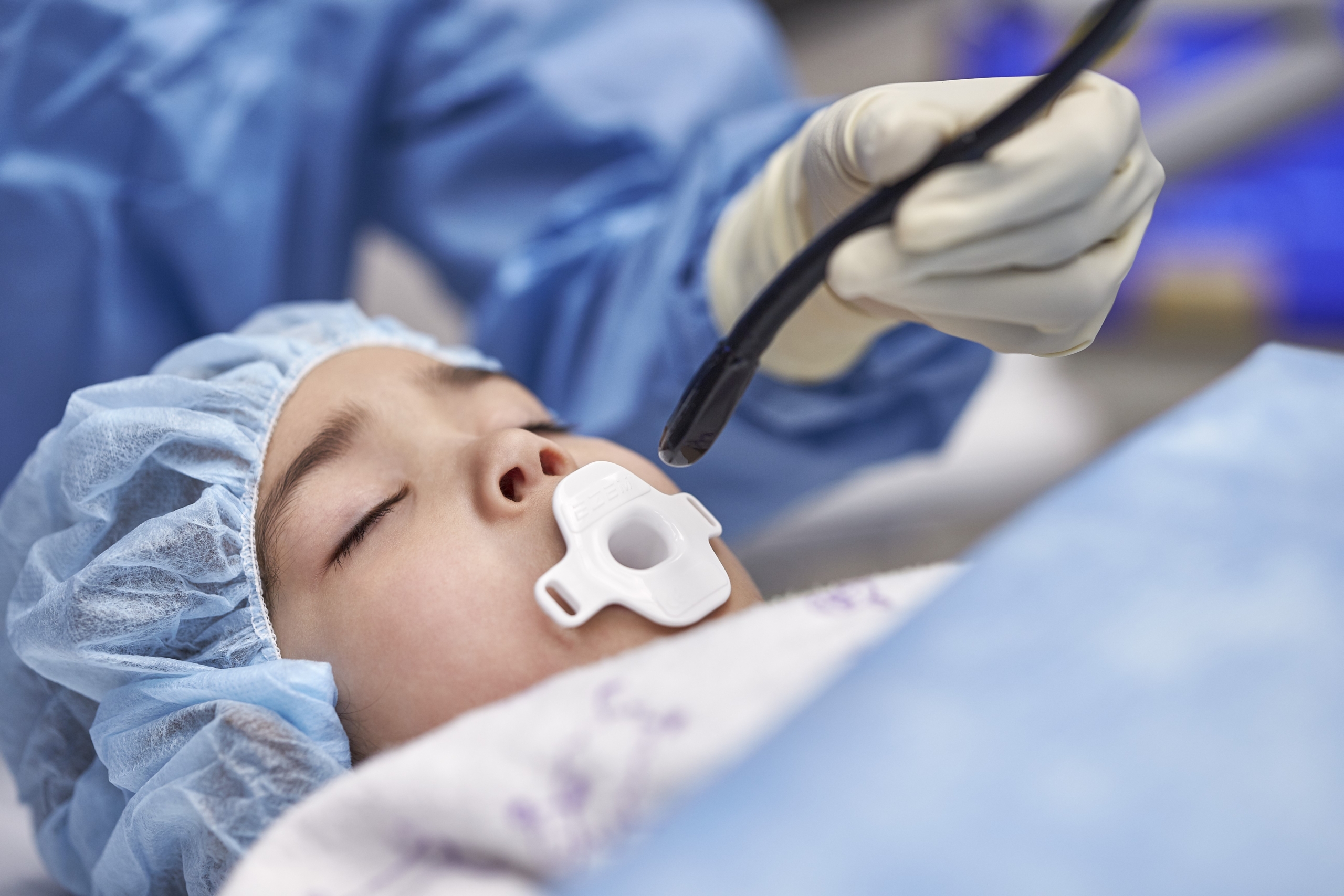Philips new X11-4t Mini 3D TEE ultrasound transducer helps improve cardiac care for small, fragile patients
Philips’ new X11-4t Mini 3D TEE ultrasound transducer has received US FDA approval.
TEE or ‘transesophageal echocardiography’ makes use of technology pioneered by Philips and has played an important role in cardiovascular ultrasound and the evolution of early diagnosis of structural heart disease. TEE helps cardiologists by providing highly detailed images of the heart and its internal structures. In structural heart disease, the quality, clarity and perspective of a 3D TEE image can help save lives. TEE is also a valuable tool for minimally invasive heart surgeries and procedures, transforming the treatment of damaged heart valves and congenital heart defects.
However, there were some patients who still couldn’t benefit from this advanced technology, including paediatric patients as small as 5 kg, adults at risk of complications, as well as complex cases such as ICU patients, where the transducer probe for 3D TEE was too large. With the introduction of Philips’ new X11-4t Mini 3D TEE transducer these patients can now benefit from this technology.
“In many of our smallest patients undergoing complex intracardiac procedures like valve repairs, 3D TEE will give us a new and much needed perioperative tool. For example, the X11-4t can help us visualize atrioventricular valves en-face. In many cases, this is a view that is difficult to achieve with traditional 2D TEE. 3D TEE will also be a more effective tool to communicate with the surgeons and will enable us to give good ‘surgeon views’ of intracardiac structures,” said Dr Brian Soriano, Pediatric Cardiologist (Washington, USA).
“As a pioneer and leading innovator in cardiac ultrasound, our 3D ultrasound technology plays a critical role in many cardiac procedures. But it was frustrating to know that there were still some patients who couldn’t benefit from this hugely beneficial approach to image the heart, and as a result, would often require a different, more invasive, treatment approach,” said David Handler, VP and General Manager for Global Cardiology Ultrasound at Philips. “That’s why we’ve developed a new, even smaller mini 3D TEE transducer that can be used to help physicians serve a wider range of patients, from small children to fragile adults. With this innovation we can help
reduce the need for general anaesthesia and lower the risk of complications, meaning patients may recover faster from procedures and can be discharged sooner.”
Developed to be easily tolerated by patients due to its 35% smaller size and pill-shaped design, Philips’ new X11-4t aims to enhance the patient experience, with 87% of clinical respondents stating they believe the X11-4t may contribute to improved overall patient comfort.
The new transducer is compatible with Philips’ premium cardiology ultrasound portfolio including the EPIQ CVx and EchoNavigator image-guided therapy solution, allowing clinicians to deliver personalized, efficient, and clinically smart cardiac care to help improve outcomes and the patient experience. It also joins a portfolio that includes another significant innovation – VeriSight Pro – the first 3D intracardiac echocardiography catheter to miniaturize the same 3D imaging technology that powers TEE.
Digital issue: Please click here for more information


